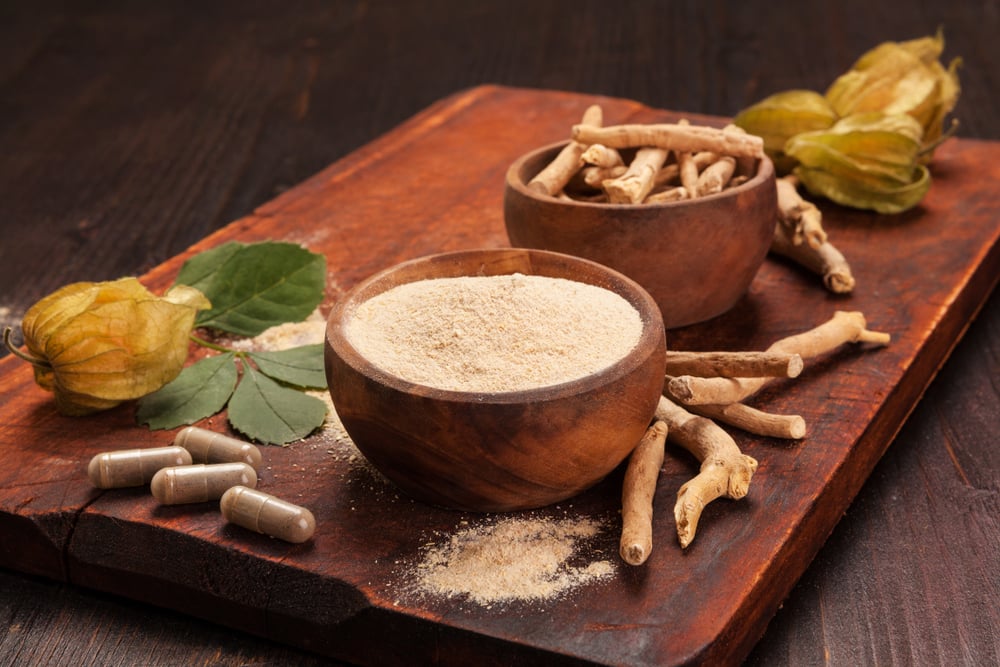Introduction
Vitamin A is an essential vitamin that is often overlooked. It is involved in many important functions in the body, including vision, immune function, and reproduction. vitamin A also has antioxidant properties and can help protect the body from some chronic diseases.
Despite its many benefits, vitamin A deficiency is a common problem, particularly in developing countries. This is because vitamin A is found primarily in animal-based foods, which are not as readily available in these regions.
In this blog post, we will discuss the importance of vitamin A and the best ways to get it into your diet. We will also talk about some of the possible health consequences of vitamin A deficiency and how to prevent it.
What is vitamin A and why is it important?
Vitamin A is a nutrient that is essential for human health. It is found in many foods, including dairy products, eggs, fish, and leafy green vegetables. Vitamin A is important for several reasons. It helps the body to maintain healthy skin and eyesight. It also helps to boost the immune system and to protect against infection.
Vitamin A deficiency is relatively rare in developed countries, but it is still a problem in some parts of the world. Vitamin A deficiency can lead to a number of health problems, including blindness, weakened immunity, and increased risk of infection. For this reason, it is important to make sure that you are getting enough vitamin A in your diet.
The best sources of vitamin A
Vitamin A is a nutrient that is essential for human health. It can be found in a variety of foods, including meats, eggs, dairy products, and certain fruits and vegetables. Vitamin A is important for vision, immune function, and reproduction.
There are two main types of vitamin A: retinoids and carotenoids. Retinoids, such as retinol, are found in animal-based foods. Carotenoids, such as beta-carotene, are found in plant-based foods.
The best sources of vitamin A are meats, eggs, and dairy products. Other good sources include darkly colored fruits and vegetables, such as carrots, sweet potatoes, and kale.
Supplements can also be a good source of vitamin A, but it is important to speak with a doctor before taking any supplements
Signs of vitamin A deficiency
Vitamin A is essential for good health, but deficiency can lead to a number of health problems. Some common signs of vitamin A deficiency include:
- Dry, itchy eyes
- Poor vision
- Dry skin
- brittle nails
- hair loss
- difficulty fighting infection
If you suspect you may be deficient in vitamin A, talk to your doctor. They can order a blood test to confirm deficiency and recommend a course of treatment.
How to get more vitamin A into your diet
Vitamin A is important for overall health, but many people don't get enough of it in their diet. There are several ways to increase your vitamin A intake, including eating foods that are high in vitamin A and taking supplements.
Vitamin A is found in many fruits and vegetables, including carrots, sweet potatoes, spinach, and kale. You can also get it from animal sources, such as liver and egg yolks. If you're not getting enough vitamin A from your diet, you can take supplements to make up the difference.
Vitamin A is an important nutrient for overall health, so make sure to include it in your diet.
Final thoughts
Vitamin A is an essential nutrient that is often overlooked. It is involved in many important functions in the body, including immunity, vision, and reproduction. Vitamin A deficiency can lead to a number of serious health problems, including blindness, infections, and death. It is important to include sources of vitamin A in your diet or take a supplement if you are at risk for deficiency.











